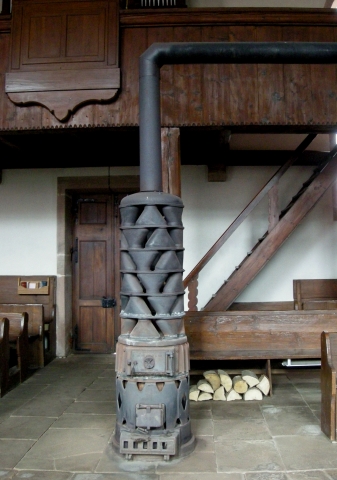RDKB participates in Province's Wood-Stove Exchange Program
The Regional District of Kootenay Boundary has received $7,800 in funding from the provincial government to encourage residents to trade in older, higher-polluting wood stoves for new, emissions certified stoves.
The Wood Stove Exchange Program helps homeowners by providing them with a $250 rebate when a new wood-burning, pellet or natural gas stove is purchased and an older model retired. These new emissions-certified wood stoves burn one-third less wood; and reduce smoke and particulates entering the atmosphere by 70 per cent or more.
“Through the success of the Wood Stove Exchange Program we are making a positive difference in the air quality in Kootenay Boundary communities,” Boundary-Similkameen MLA Linda Larson said. “This funding will entice more homeowners to upgrade their old wood stoves to an efficient, cleaner-burning model.”
Smoke from older higher-polluting wood stoves, in combination with the cold still nights of winter, has an adverse impact on air quality. This is one of the leading reasons some areas of B.C. see more air quality advisories at this time of year.
The Provincial Wood Stove Exchange Program is run on a community level with local governments applying for the funding to implement an exchange program. It’s managed by the Wood Stove Exchange Steering Committee, which has representation from the provincial government; local governments or community groups; the B.C. Lung Association; the Wood Energy Technicians of B.C. (WET BC); along with manufacturers, suppliers and dealers of wood-burning and other fuel appliances.
Thirteen B.C. communities have received $190,000 in Wood Stove Exchange Program funding this year, which will also be used toward educational materials and workshops in the communities to better inform residents on clean wood burning. It is hoped that 600 stoves will be exchanged this year thanks to the program.
Since 2008, the provincial government has invested $2.5 million into the program, resulting in the purchase of more than 6,600 cleaner-burning models. This equates to an annual estimated reduction of 410 tonnes of particulate matter being pumped into the air.
In British Columbia, all new wood stoves and inserts sold must meet Canadian Standards Association (CSA) or U.S. Environmental Protection Agency (EPA) emission standards






















